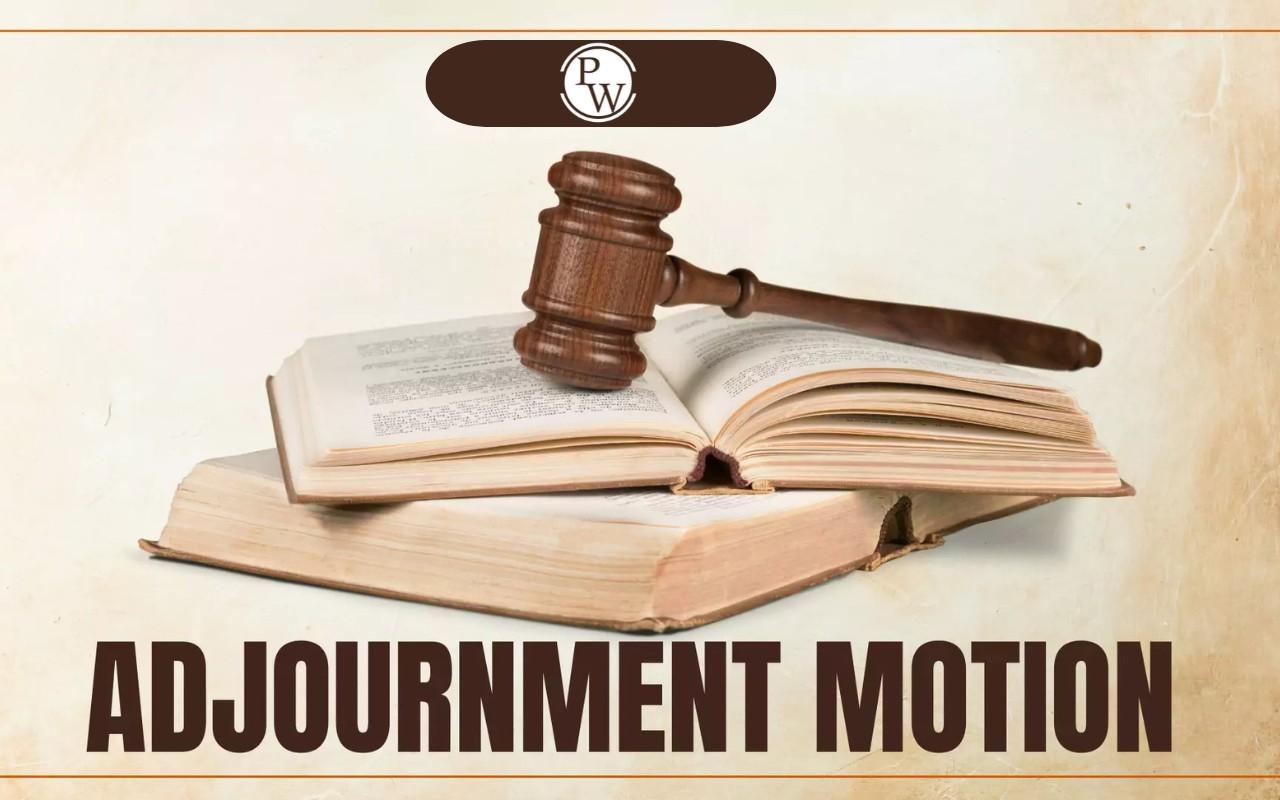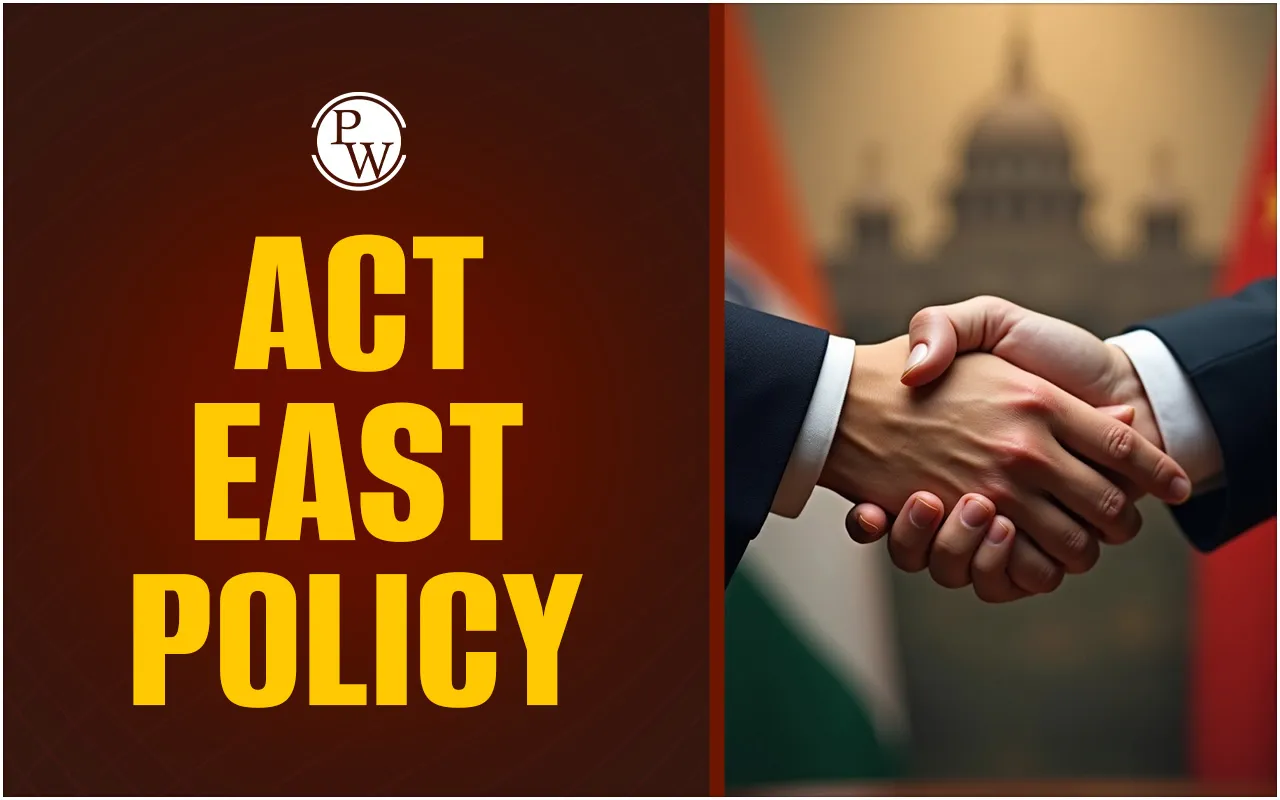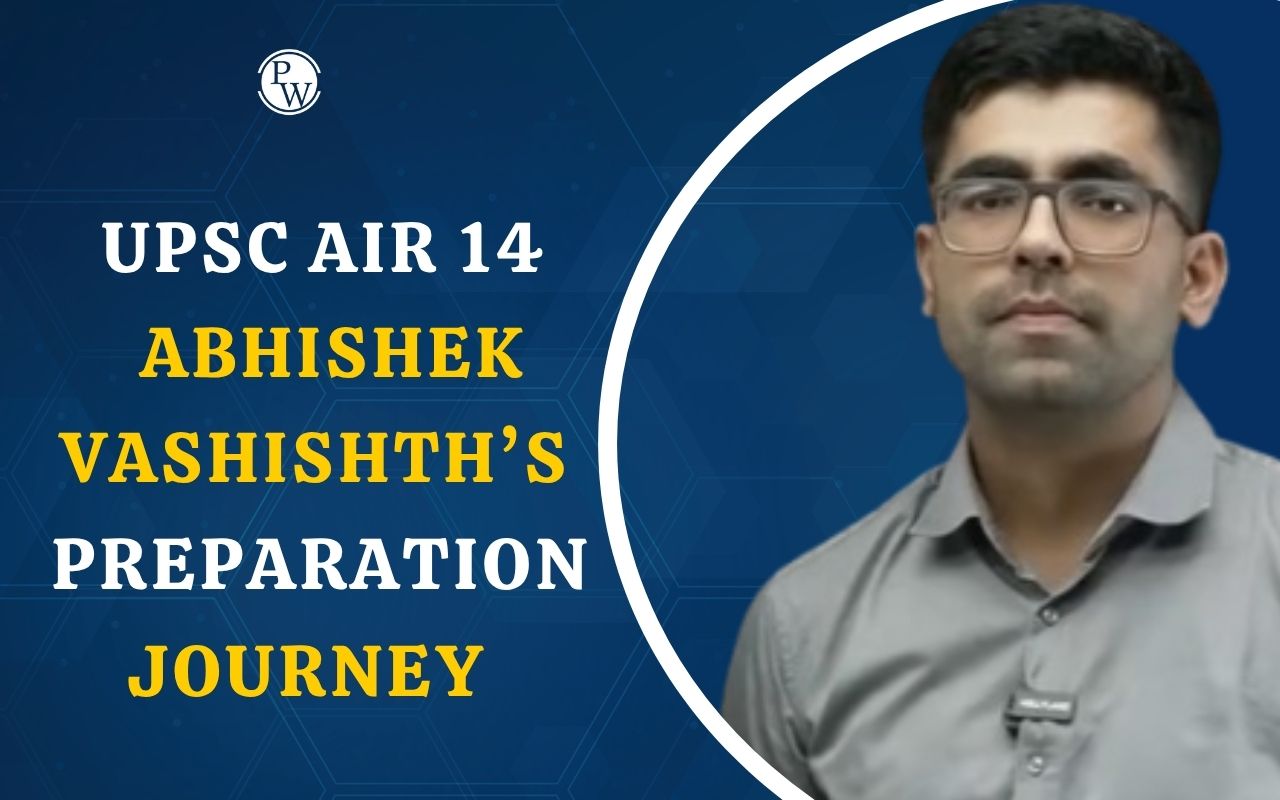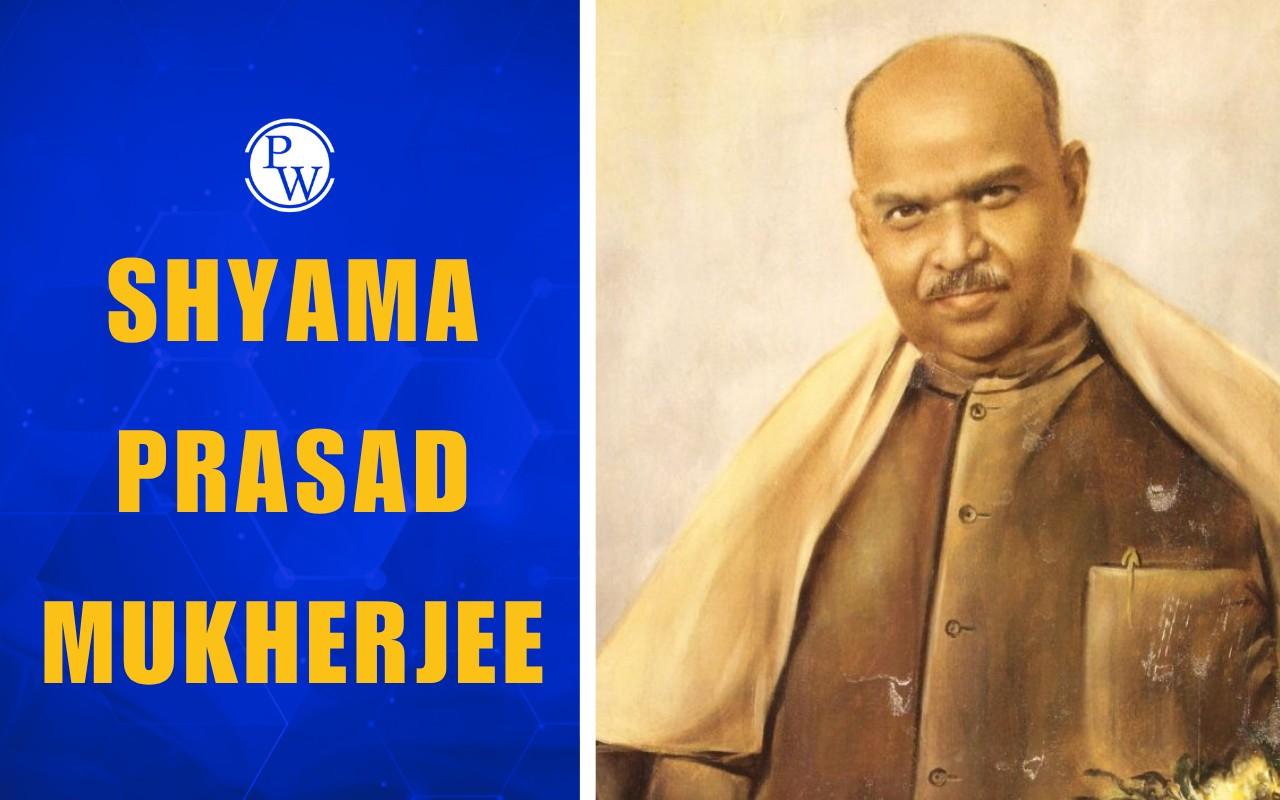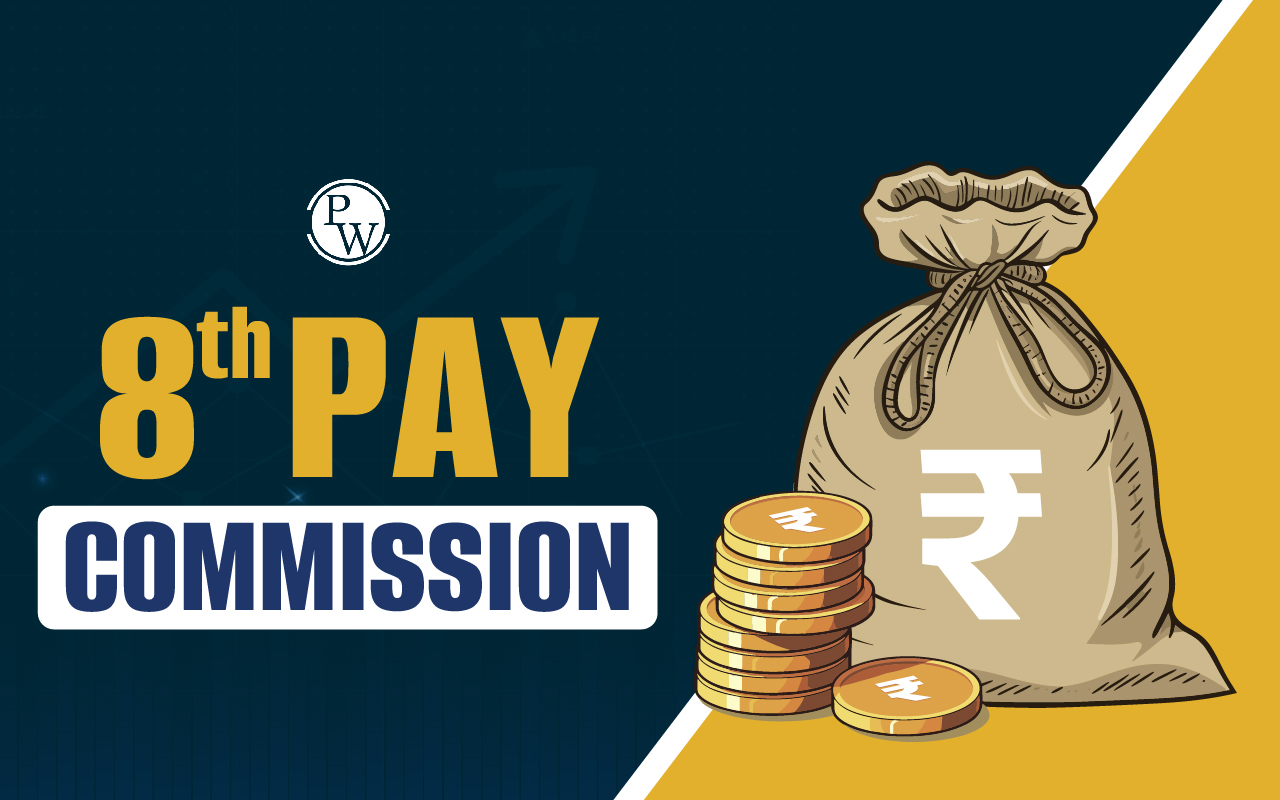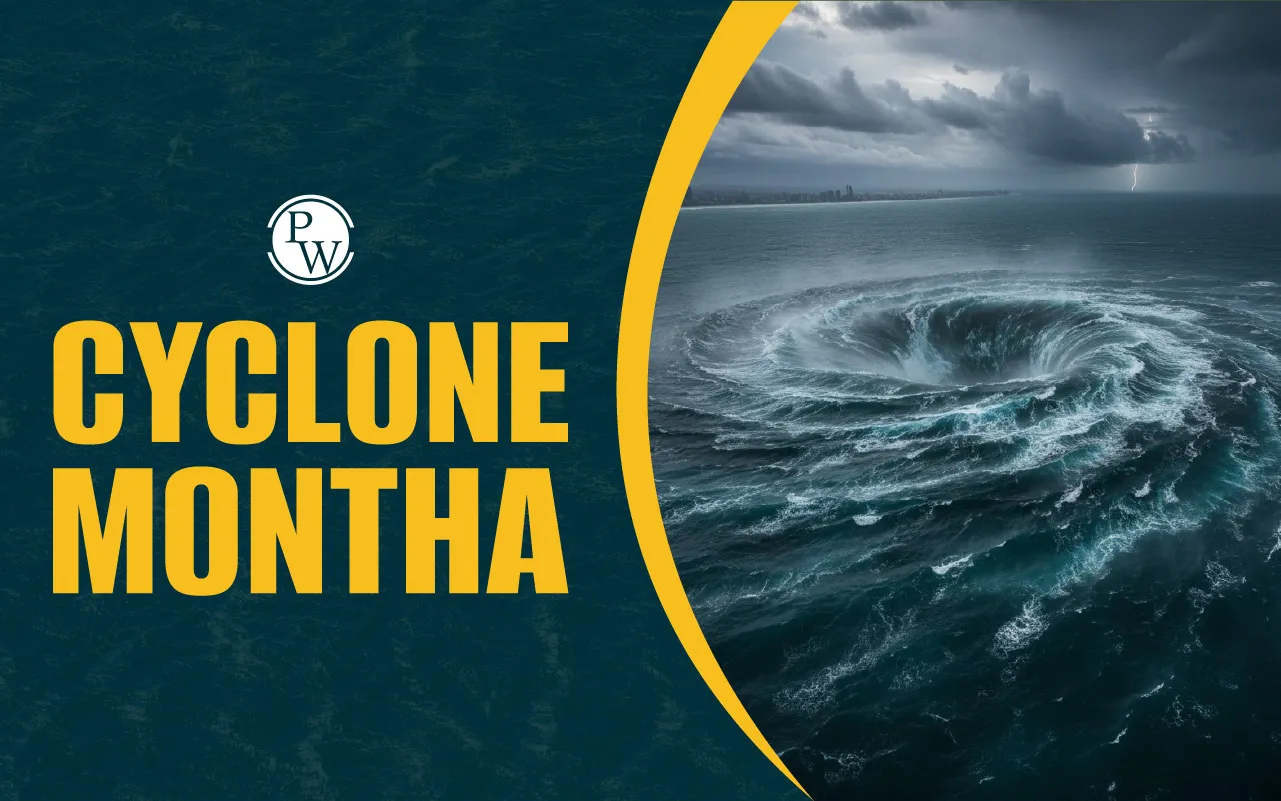

Central Vigilance Commission (CVC) is an Indian apex integrity institution that promotes transparency, accountability, and integrity within government operations and public services. It operates as a statutory body and primarily focuses on corruption in public administration and provides oversight in the fight against unethical practices across various government sectors.
Established in 1964, the CVC plays a crucial role in formulating policies, conducting investigations, and implementing preventive measures to ensure that public servants adhere to ethical standards. Keep reading to learn about the formation, structure, and role of the Central Vigilance Commission.
What is the Central Vigilance Commission?
The Central Vigilance Commission is an independent entity established in 1964 based on the recommendations of the K. Santhanam Committee on Prevention of Corruption. It gained statutory status in 2003 under the CVC Act 2003 . As a statutory body, the CVC reports directly to Parliament rather than any ministry, highlighting its independent operational mandate.
Formation and Structure
The CVC operates as a multi-member commission, consisting of a Central Vigilance Commissioner (Chairman) and up to two Vigilance Commissioners as members. The CVC Act 2003 formalized this structure and clarified roles, powers, and functions, establishing CVC as an apex vigilance and integrity body with complete operational autonomy.
Key Provisions of the CVC Act 2003
The CVC Act 2003 was a landmark legislation that provided the Central Vigilance Commission with a statutory framework to operate effectively. It outlined the structure , composition , and operational autonomy of the CVC while ensuring that it could fulfill its mandate to combat corruption in public administration. Here are some of the key provisions established under the Act:- Composition : The CVC is led by one Chairperson (Central Vigilance Commissioner) and not more than two Vigilance Commissioners.
- Organization : It comprises a Secretariat, the Chief Technical Examiners’ Wing (CTE), and a wing for Departmental Inquiries (CDI).
- Appointment Process : Members of the Central Vigilance Commission are appointed by the President based on the recommendations and referral through a committee that includes the Prime Minister, the Minister of Home Affairs, and the Leader of the Opposition in Lok Sabha.
- Tenure : Each member operates for 4 years or until they reach the age of 65, whichever comes first.
- Removal Criteria : The President can remove members under conditions like insolvency, a conviction for moral offences, engagement in paid employment outside duties, infirmity, or after proven misbehaviour or incapacity (the latter requiring a Supreme Court inquiry).
Powers and Functions of the Central Vigilance Commission
The Central Vigilance Commission wields significant powers to enforce integrity and transparency in government operations. As the apex vigilance institution, it has a defined set of functions that empower it to supervise, recommend, and act against corruption effectively. Here are the primary powers and functions entrusted to the CVC:1. Superintendence and Monitoring
- The CVC exerts superintendence over the functioning of the Delhi Special Police Establishment (CBI) concerning investigations into corruption under the Prevention of Corruption Act, 1988 .
- Central Vigilance Commission also supervises the vigilance administrations of various ministries, departments, and organizations within the Central Government.
2. Investigation and Inquiry
- CVC can order investigations into corruption and disciplinary cases, often involving high-ranking government officers from Groups A and B.
- For investigation, the Central Vigilance Commission relies on two key agencies: the Central Bureau of Investigation (CBI) and Chief Vigilance Officers (CVOs) within respective departments.
3. Power to Call for Information
- The CVC can demand reports, returns, and statements from any government-owned or controlled entity to ensure proper supervision of vigilance and anti-corruption activities.
4. Advisory Role
- After completing inquiries, the Central Vigilance Commission makes recommendations to the government or authorities on necessary disciplinary actions.
- Though the CVC's recommendations are advisory, any disagreement from the concerned department must be reported back to the CVC with reasons.
5. Judicial Powers
- While conducting inquiries, the Central Vigilance Commission has powers that are equivalent to the powers of a civil court. This judicial-like authority enables it to summon individuals, enforce document production, and ensure cooperation from government entities.
6. Legislative Oversight and Reporting
- The Commission submits an Annual Report to the President, which is then presented to Parliament, allowing for legislative supervision and ensuring transparency in its operations.
Legislations Related to Central Vigilance Commission
Most of the operations of the Central Vigilance Commission are supported by a set of related laws, each of them expanding its jurisdiction and strengthening its anti-corruption mandate:
- Prevention of Corruption Act, 1988 : This mandate empowers the CVC to oversee investigations of corruption within government agencies, which may be conducted by CVOs or the CBI.
- CVC Act 2003 : Establishes the CVC’s core jurisdiction over vigilance matters.
- Lokpal and Lokayukta Act 2013 : This individual act grants the Central Vigilance Commission authority to conduct preliminary inquiries on complaints directed by the Lokpal, covering officers across Groups A to D.
- Whistleblower Protection Act 2014 : This act allows individuals to submit public interest disclosures on corruption to the CVC while protecting the whistleblower’s identity.
Appointment and Role under Other Acts
Under the Lokpal and Lokayukta Act 2013 , the CVC participates in recommending appointments to senior positions within the CBI. Additionally, it supervises the preliminary inquiries into complaints directed by the Lokpal.
The Whistleblower Protection Act 2014 appoints CVC as a receiving authority for complaints and by ensuring corruption disclosures are addressed while safeguarding whistleblowers.
Achievements and Challenges of the Central Vigilance Commission
The Central Vigilance Commission has achieved substantial progress in tackling corruption across the government. While the Central Vigilance Commission wields significant powers, there are certain areas where limitations constrain its efficacy:
Achievements
- Over the years, the CVC has succeeded in creating greater awareness about corruption and the need for vigilance in governance.
- The Central Vigilance Commission’s guidelines helped to streamline practices in various government departments, which makes the processes more transparent.
- The annual reports submitted by the CVC help the Parliament and the public to hold government agencies accountable.
Challenges
- Limited Direct Action : The CVC do not have direct prosecutorial powers, which limits its role to investigation and recommendation.
- Dependence on Agencies : Although the CVC supervises the CBI in corruption cases, it relies on the CBI for actual investigations, which can sometimes delay the process.
- Resource Constraints : With increasing workload, the CVC sometimes faces resource limitations and affects its operational efficiency.
- Opaque Appointment Process: Though the selection committee includes the Leader of the Opposition, there is always a concern over the influence of central government on appointments.
Looking Forward
As India aspires to strengthen its anti-corruption framework, the Central Vigilance Commission is a central aspect of these efforts. However, addressing its limitations through enhanced resources, increased independence, and statutory powers would further empower the CVC to tackle corruption effectively. For the CVC to fulfill its role as a powerful supervisor, continuous refinement of its powers, financial independence, and streamlined operations are essential.
Relevance of Central Vigilance Commission in UPSC Exams
- Central Vigilance Commission is a relevant topic for the polity and governance section of UPSC Prelims GS 1 Paper. It frequently appears in the questions that are related to Indian polity, government structure, and anti-corruption measures.
- UPSC aspirants should be aware of the CVC’s structure, its legal foundation (i.e., the Central Vigilance Commission Act ), and its powers and responsibilities as a statutory body.
- Knowledge about the CVC is required to understand India's governance mechanisms and efforts to maintain integrity within the public sector in UPSC Mains GS 2 Paper .
The Central Vigilance Commission is a crucial pillar in India’s anti-corruption and integrity architecture. From investigating corruption cases to advising on disciplinary actions, the CVC’s wide-ranging authority makes it indispensable to public administration. Despite challenges, its proactive stance on vigilance and governance, guided by the CVC Act 2003 and other supporting legislation, demonstrates India’s commitment to reducing corruption at all levels of government.
Looking for guidance in UPSC preparation? Enroll in the best courses offered by Physics Wallah!
| UPSC Related Articles | ||
| UPSC Prelims Questions | NCERT for UPSC Exam 2025 | UPSC Mains Admit Card |
| UPSC Mains Exam Pattern | UPSC Scholarship Test | UPSC Result |
Central Vigilance Commission FAQs
Q1. What is the role of the Central Vigilance Commission in India?
Q2. How was the Central Vigilance Commission formed?
Q.3 What are the key provisions of the CVC Act 2003?
Q4. How does the Central Vigilance Commission function under the Prevention of Corruption Act?
Q5. Can the Central Vigilance Commission prosecute cases?
Q.6 Who appoints the Central Vigilance Commissioner and Vigilance Commissioners?


